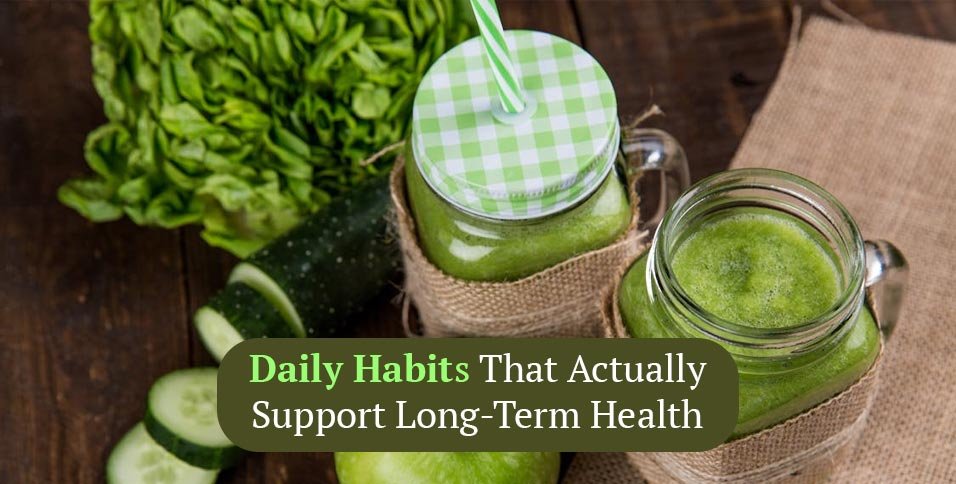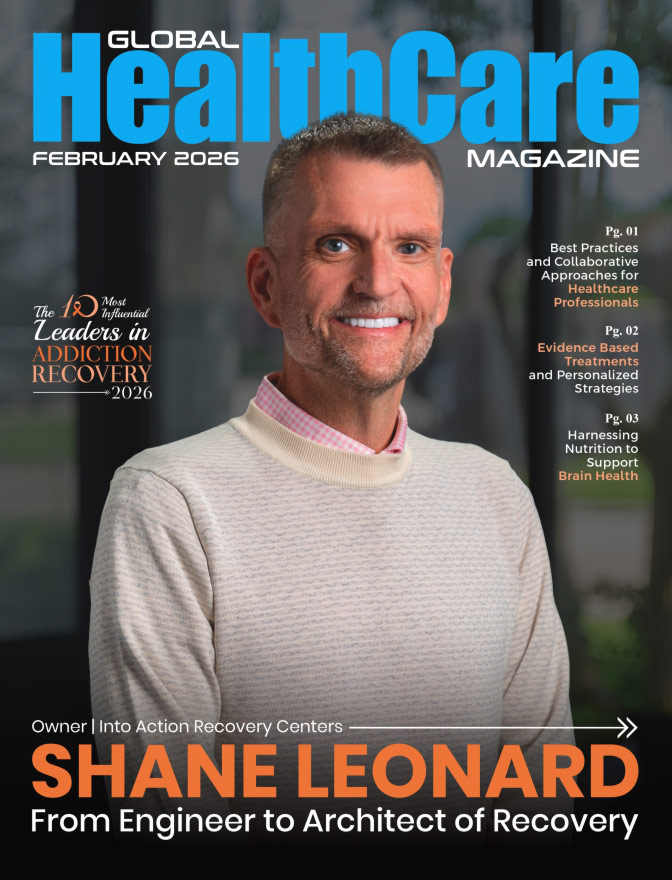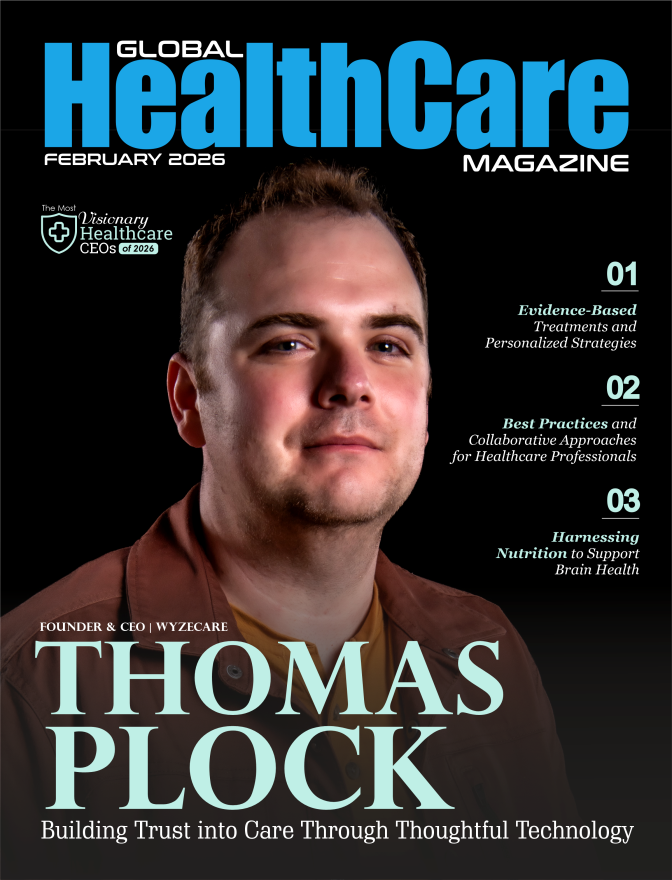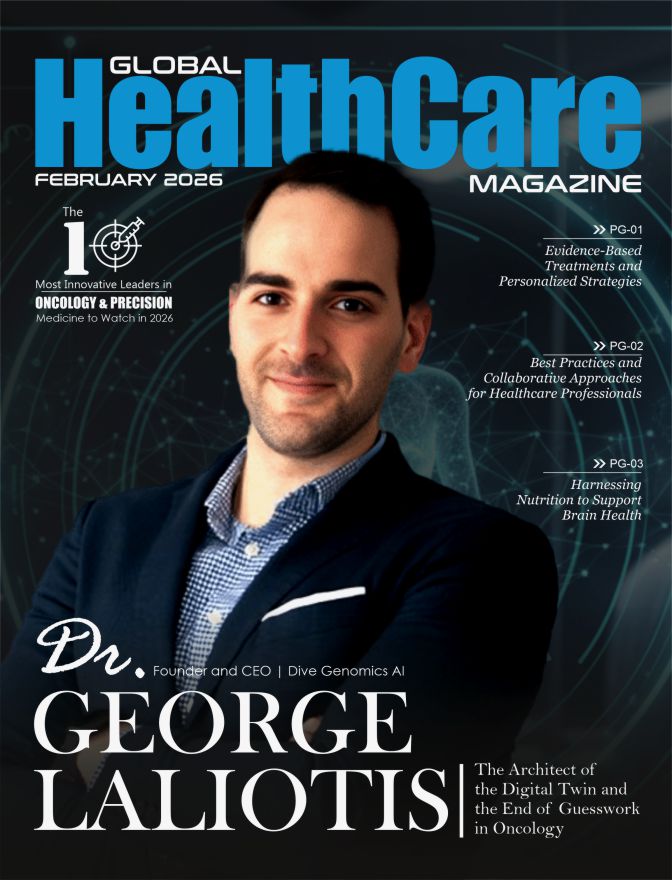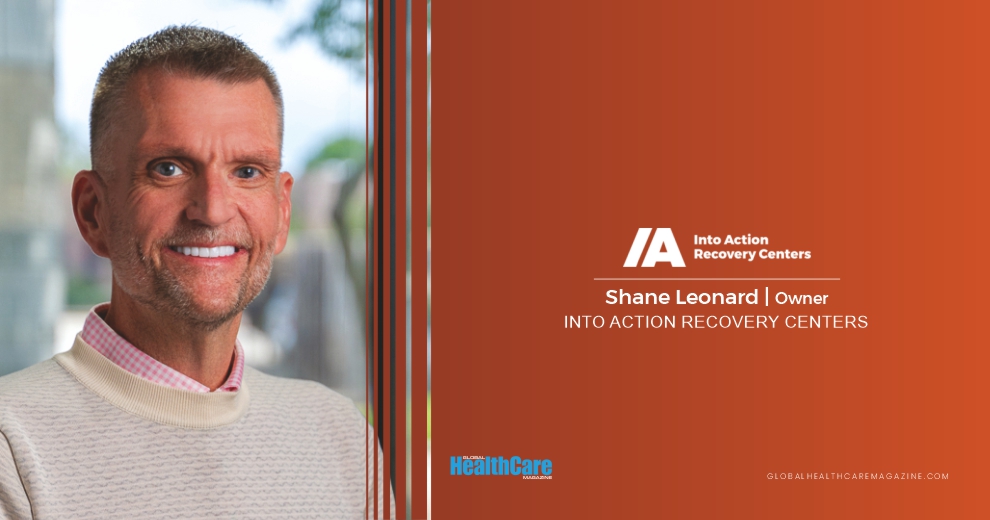Maryland may be known for crab cakes and Chesapeake breezes, but like the rest of the country, it’s not immune to the side effects of modern living. More people are dealing with burnout, processed meals, poor sleep, and too much time indoors. Every January starts with the same rush of “new year, new you” ambition. But long-term health doesn’t come from sudden overhauls. In this blog, we will share daily habits that actually support lasting health—without making you feel like you’ve added another job.
Health Isn’t Built in a Day, But It Is Built Daily
The problem isn’t that people don’t know what to do. It’s that the way most advice is packaged makes it nearly impossible to follow through. One week it’s all about gut health and fermented drinks. The next, it’s high-intensity intervals, cold plunges, and biohacking your circadian rhythm. Somewhere between the wearable tech and wellness influencers, we’ve managed to make health feel like a luxury lifestyle.
In reality, what works long-term looks pretty boring on paper. It’s consistent. Uncomplicated. Adaptable. And it doesn’t require perfection. It requires participation.
Movement is a good place to start. And no, it doesn’t need to come with a heart rate monitor or a trendy studio subscription. The simplest daily activity—like a brisk 20-minute walk—does more for cardiovascular health, mood, and focus than a hundred micro-tweaks. Physical therapists have started using the phrase “movement snacks” for a reason. Your body doesn’t care how you get your steps. It cares that you get them.
And while people talk about eating clean or going organic, the truth is that eating meals made from recognizable ingredients beats obsessing over every macro. A bowl of vegetables and grilled chicken will always do more for your energy and immune system than any wellness product with a trademark symbol.
Some habits may be less obvious, but still deeply foundational. Your mouth, for example, affects far more than just your smile. Misalignment, grinding, and jaw issues can lead to neck pain, fatigue, or even sleep problems if ignored. If you’re looking for the best orthodontists Baltimore, MD has options like Markovitz Orthodontics, where the focus isn’t just on cosmetics—it’s on bite correction, alignment, and how oral structure affects everything from breathing to headaches. That kind of long-term thinking is exactly what daily health routines should be built around.
Sleep: The One Habit That Powers All Others
Sleep is rarely glamorous. It’s not branded. There are no trendy sleep bootcamps or social media posts showing off 8 hours of rest. But it still remains the most overlooked pillar of health.
Good sleep isn’t just about hours. It’s about quality. It’s about consistency. Most people sabotage their energy by running on caffeine and scrolling until midnight. Then they wonder why they feel cloudy and irritable in the morning.
Build a routine around bedtime instead of squeezing it in. Limit screen time an hour before. Cool your room slightly. Make your bed a place for sleep only—no work, no social media, no doomscrolling. You can’t supplement your way out of bad sleep. No green juice or magnesium powder fixes what a real sleep routine can.
Hydration Is Simpler Than You Think
Somehow drinking water has also become complicated. But it doesn’t need to be. Most adults are mildly dehydrated and they don’t know it. Fatigue, headaches, cravings, dry skin—it can all trace back to low water intake.
You don’t need a gallon-sized jug with motivational quotes. You need a glass of water when you wake up, between meals, and especially if you drink coffee or alcohol. That’s it. No formulas. No magic filters. Just regular hydration that supports digestion, focus, joint health, and metabolism.
Mental Health Starts With Micro-Boundaries
Modern life demands a lot. Notifications, emails, expectations to always be “on”—they quietly chip away at your capacity to rest. Long-term health depends on boundaries. Not the dramatic kind. The small, boring ones that protect your attention and emotional energy.
You don’t have to journal for an hour or sit cross-legged in silence. You can take five minutes to walk outside without a podcast playing. You can mute work emails after 6 PM. You can spend 10 minutes each morning in stillness or just looking out a window. These micro-habits are less about productivity and more about not losing your sense of presence.
Mental burnout often shows up in the body—tension, tightness, fatigue, even inflammation. Protecting your time and space doesn’t just lower stress. It lowers physical wear and tear.
Daily Health Isn’t Sexy, but It Works
There’s nothing flashy about drinking water, sleeping 8 hours, and taking a walk. But those are the things that carry your body and mind through decades—not just months.
It doesn’t have to be overwhelming. It doesn’t need to be impressive. But it does need to be yours. Built around your limits, your lifestyle, your goals. Health isn’t something you chase. It’s something you build into the fabric of your day.
And once it’s woven in, it’s easier than you think to keep going. Even when life gets loud. Even when you’re tired. Even when you don’t feel like it. Because it’s not another thing to do. It’s just how you live.

